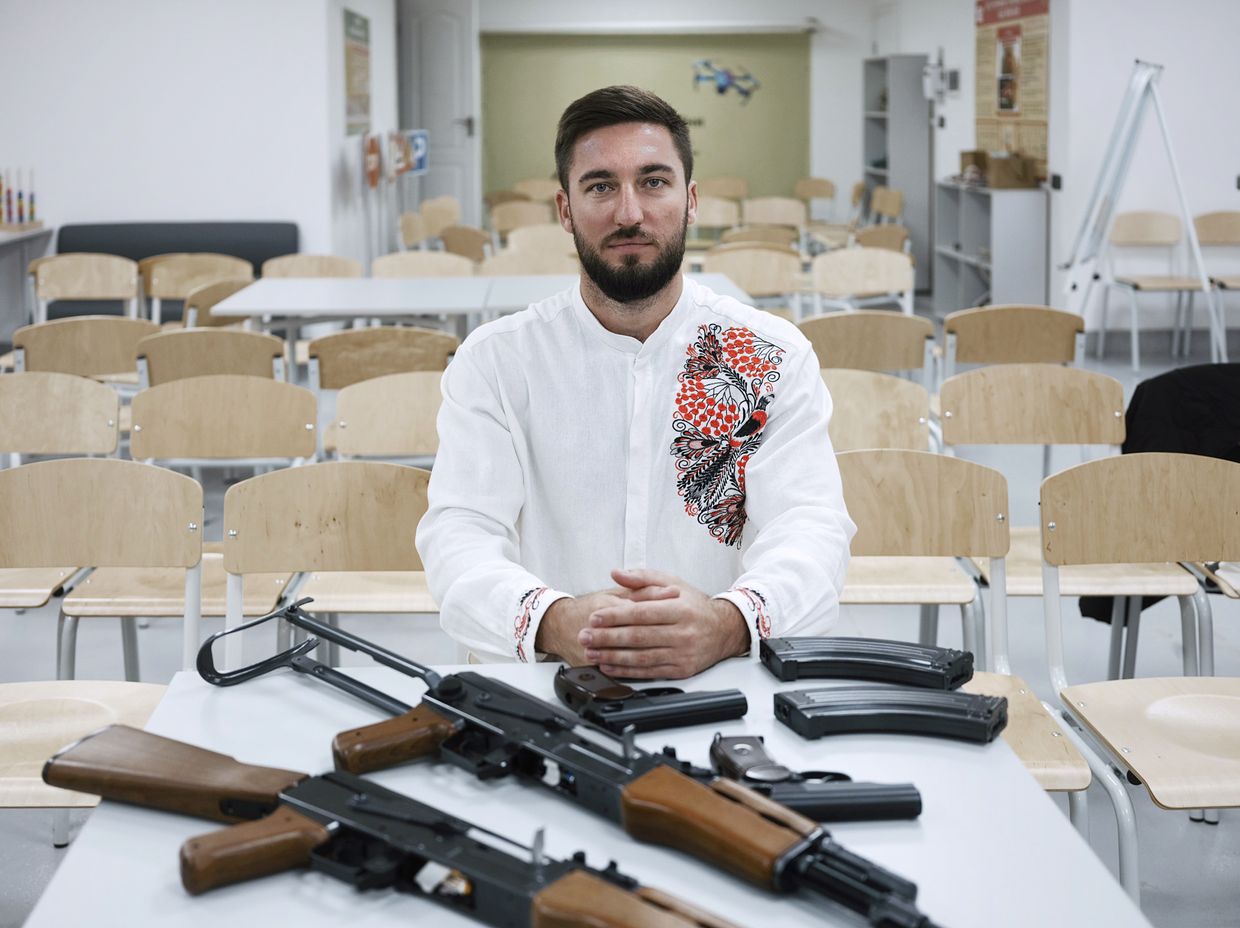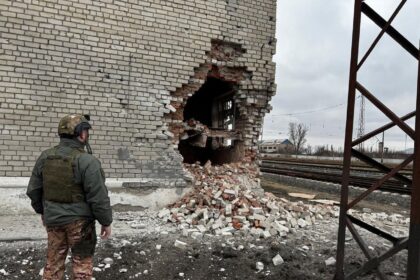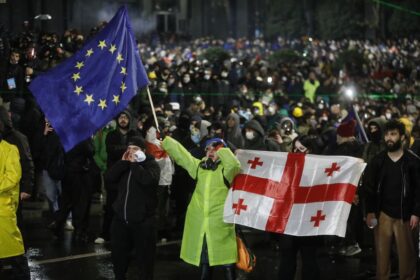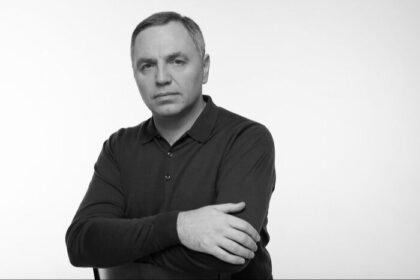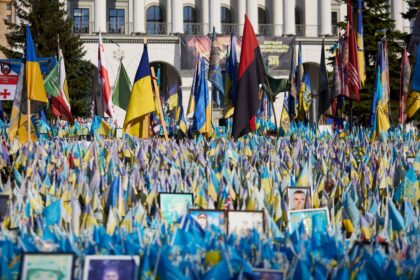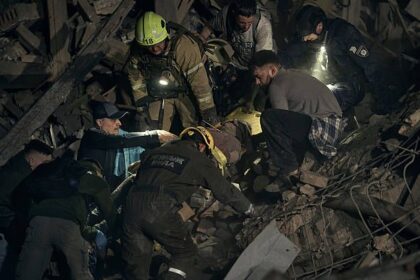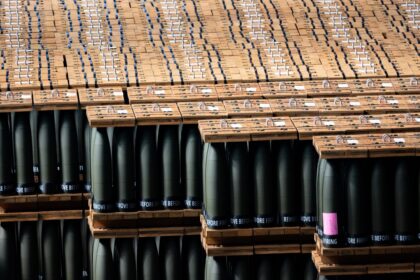This article discusses the Russian government’s efforts to reintroduce a basic military training (BMT) course into its school curriculum, specifically for high school boys. The course, which was previously taught from 1966 to the late 1980s, includes lessons on how to put on gas masks, provide first aid, and use weapons. The revised course also aims to teach students about the Russian army’s history and the importance of military service.
The article quotes a Russian politician, Sergei Mironov, who believes that reintroducing BMT will help prepare citizens for a potential confrontation with an enemy. However, critics argue that this move is part of a broader effort by Russia to militarize its youth and indoctrinate them with nationalist ideology.
According to the article, many Russian children have already been learning these skills through extracurricular activities such as military and patriotic clubs. These clubs are often sanctioned by the Russian government and aim to promote a sense of patriotism and loyalty among young people.
The article also highlights Russia’s efforts to militarize young people in occupied territories of Ukraine. The Russian government has launched cadet classes, held events like “Vacations with the Russian Guard,” and demonized Ukraine and its government in these areas.
In contrast, the Ukrainian government has been working to protect its youth from Russian influence, including recognizing the deportation of children as genocide against the Ukrainian people. However, many Ukrainian youth have already been exposed to Russian propaganda and ideology, which can be difficult to counteract.
The article quotes a Ukrainian 10th-grader, Arianna Safronova, who emphasizes the importance of preserving Ukrainian identity and culture in the face of Russian influence. She believes that every citizen must realize they are Ukrainians and recognize the country’s rich heritage and powerful culture.
Overall, this article highlights the complex and often contentious issue of militarization and indoctrination among young people in Russia and Ukraine. It emphasizes the need for both countries to protect their youth from ideological manipulation and promote a sense of national identity and cultural awareness.




